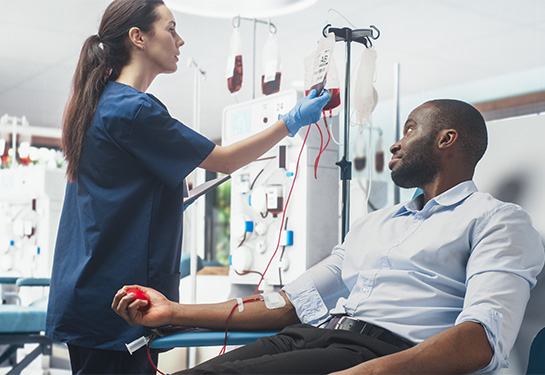Cancer
When you or a loved one has cancer, look to us for innovative treatments and personalized care. We bring together a team of experienced specialists to find the best path forward for you.
Medically reviewed on Sep. 01, 2023.
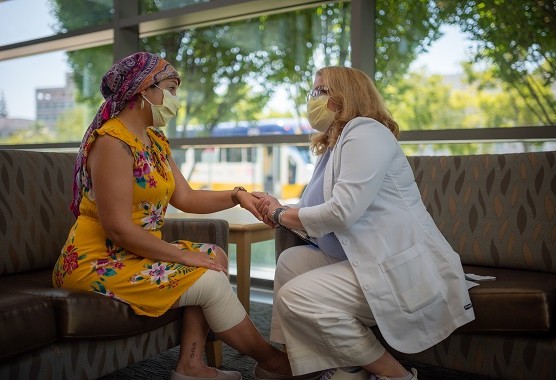
Nationally Recognized Cancer Care
Skilled physicians and researchers at UC Davis Comprehensive Cancer Center strive every day for excellence and achievement in cancer care. We have multiple national recognitions from the National Cancer Institute, National Comprehensive Cancer Network and U.S. News and World Report.
National recognition means you receive the highest level of care from a dedicated team of professionals. We surround you with the medical, emotional and social support you need to achieve the best possible outcome.
Our Difference
Collaborative Care
Effective cancer care requires a multidisciplinary team of specialists working on your behalf. Our physicians work together to develop a personalized care plan for you. Your team also includes experienced nurses, advanced practice providers, pharmacists, research coordinators and other caring staff.
Innovative Treatments
UC Davis Comprehensive Cancer Center is one of only about 70 National Cancer Institute-designated cancer centers in the U.S. We offer the most advanced treatments available and access to clinical trials. Through leading-edge research, our physicians and scientists are driving the development of new medications, devices and other therapies.
Support Services
We know the challenges of cancer extend beyond physical health. That’s why we provide a full range of support services for patients of all ages, including children and adolescents and young adults. Services range from social work and support groups to nutrition education and financial navigation.
What Is Cancer?
Cancer occurs when the cells in your body grow uncontrollably. It can develop nearly anywhere in your body and spread (metastasize) to other areas.
About one-third of people in the U.S. will develop cancer in their lifetime. At UC Davis Health, we provide high-quality, compassionate care to manage cancer and help you feel your best.
Main Types of Cancer:
Bone Cancer
Bone cancer can start in the bone or spread there from somewhere else in your body. Bone tumors are relatively rare, making up less than 1% of all cancers.
Brain and Spinal Cord Cancer
These tumors develop in the brain or spinal cord. They can affect how you move, think and sense the world around you. Most brain and spinal cord tumors spread there from another location.
Breast Cancer
For U.S. women, breast cancer is the most common cancer type. One in 8 women will develop breast cancer during their life. Screening can detect cancer early when treatment is most effective.
Colon and Rectum Cancer
Colon and rectum cancers (also called colorectal cancer) occur in the large intestine. The large intestine is the last section of your digestive tract that passes waste out of your body.
Digestive System Cancers
The digestive tract spans from the mouth to the anus. Cancer can develop anywhere along this tract, such as in your esophagus, stomach, gall bladder and small intestine.
Endocrine System Cancers
Endocrine tumors occur in the organs that make hormones. Your hormones are chemicals which control many bodily functions. The most common type of endocrine cancer is thyroid cancer.
Eye and Vision-Related Cancer
Eye cancer affects children and adults and can develop on the surface of the eye or its inner structures. Cancer of the eye usually spreads there from another site, such as the breast or lung.
Female Reproductive System Cancer
These include cancers of the cervix, ovaries, uterus, vagina and vulva. Endometrial cancer, which develops in the lining of the uterus, is the most common female reproductive system cancer.
Head and Neck Cancer
Head and neck cancers can form in the nose, mouth and throat. They can also appear in nearby structures, like the sinuses and salivary glands.
Blood Cancer
Most hematologic (blood) cancers begin in the bone marrow, the center of the bones that makes blood cells. Blood cancer types include leukemia, lymphoma and multiple myeloma.
Kidney Cancer
Kidneys filter waste from your blood and regulate the amount of fluid in your body. The most common type of kidney cancer is renal cell carcinoma.
Liver Cancer
The liver is a large organ that has many important functions, such as the breakdown and storage of nutrients. Liver cancer often spreads there from another location, such as the breast or colon.
Lung Cancer
Lung cancer is one of the most common cancers in the U.S. and the top cause of cancer death. Smoking is a major risk factor, but not all people with lung cancer have smoked.
Pancreatic Cancer
The pancreas makes chemicals that help with digestion and hormones that help control blood sugar levels. Pancreatic cancer is a relatively rare but serious type of cancer.
Pediatric Cancer
The cancers that typically affect children are different from cancers in adults. The most common types of pediatric cancers are leukemia and tumors of the brain and spinal cord.
Prostate Cancer
The prostate gland is part of the male reproductive system that makes some of the fluid in semen. Most prostate cancers are slow growing, but some can spread quickly.
Thoracic Cancer
What Causes Cancer?
The life cycle of a cell is usually a well-controlled process. New cells grow, and old cells die. Cancer starts when genetic changes in DNA (mutations) disrupt this process. Cells grow too quickly or don’t die as they should. The build-up of cells interferes with the way your body works.
Causes of genetic changes that can lead to cancer include:
Inherited Genes
Certain cancer genes can pass from parent to child. These cancers often run in families.
Exposure to Harmful Substances
Common substances that can damage DNA and lead to cancer include cigarette smoke, alcohol and sunlight. Some organisms, like the human papillomavirus (HPV), can also affect your DNA.
Errors in Cell Division
Random errors can occur when cells divide that cause genetic mutations.
Cancer Risk Factors
Risk factors increase your chance of developing cancer. While you can control some risk factors, others you cannot. Understanding your personal risk can help you make choices about your health to prevent cancer or find it early. Risk factors vary for each type of cancer, but generally include:
Age
Your likelihood of developing cancer increases with age. Among people diagnosed with cancer, 80% are age 55 or older.
Alcohol
The more alcohol you drink, the higher your risk of breast, prostate and digestive tract cancers.
Chemical Exposure
Certain chemicals in the workplace, environment, food or water may increase your cancer risk.
Family History
Having a close relative with certain types of cancer increases your risk of also developing cancer. Learn about our Hereditary Cancer Program.
Overweight
Carrying extra body weight and physical inactivity is a risk factor for many types of cancer.
Smoking
Cigarette smoking raises your risk of many cancer types and causes about one-third of all cancer deaths.
Sunlight Exposure
The radiation in sunlight damages cells and can lead to skin cancer.
State-of-the-Art Cancer Care
If you or a loved one has cancer, you want the most advanced care available. UC Davis Comprehensive Cancer Center features nationally recognized experts and leading-edge treatments. Throughout your cancer journey, we work with you to develop a customized treatment plan that meets your unique needs.
Our Services:
Surgical Oncology
Our surgical oncologists perform detailed procedures to remove cancerous tumors. They coordinate surgery with other cancer specialists to provide the most effective treatment plan. When possible, we offer robotic-assisted surgery. This minimally invasive approach allows the surgeon to reach tight spaces and avoid delicate nerves and muscles.
Radiation Oncology
We offer a wide range of treatment technologies that destroy cancer while minimizing damage to surrounding tissues. For example, we were one of the first centers in Northern California to offer stereotactic body radiation therapy (SBRT). SBRT uses image guidance to deliver high doses of radiation to a precise area.
Medical Oncology
Medical oncology uses medications to treat cancer. Chemotherapy is a widely used cancer medication. Immunotherapy is an innovative treatment that harnesses your immune system to destroy cancer. You may have access to new medications or combinations of medications through one of our many clinical trials.
Stem Cell Transplant
Stem cells are blood-forming cells found in your bone marrow. Stem cell transplant restores damaged stem cells in people with hematologic cancers. UC Davis Health performed the first bone marrow transplant in the region. We are also the first in the area to launch an on-site CAR T-cell manufacturing and therapy program. Our experienced program provides exceptional care and access to national clinical trials.
"Cancer Facts & Figures 2022," American Cancer Society, https://www.cancer.org/content/dam/cancer-org/research/cancer-facts-and-statistics/annual-cancer-facts-and-figures/2022/2022-cancer-facts-and-figures.pdf
"Key Statistics for Breast Cancer," American Cancer Society, https://www.cancer.org/cancer/types/breast-cancer/about/how-common-is-breast-cancer.html
"What Is Eye Cancer?" American Cancer Society, https://www.cancer.org/cancer/types/eye-cancer/about/what-is-eye-cancer.html
"Key Statistics About Bone Cancer," https://www.cancer.org/cancer/types/bone-cancer/about/key-statistics.html
"Key Statistics for Endometrial Cancer," American Cancer Society, https://www.cancer.org/cancer/types/endometrial-cancer/about/key-statistics.html
"Survival Rates for Pancreatic Cancer," American Cancer Society, https://www.cancer.org/cancer/types/pancreatic-cancer/detection-diagnosis-staging/survival-rates.html
Why Cancer Care Matters
Cancer is the second leading cause of death in the U.S. after heart disease. But your chance of surviving cancer has increased over the last couple of decades.
Cancer screening programs and advances in treatments have dramatically improved cancer survival rates. Talk to your primary care provider about steps you can take to prevent cancer.
- At least 40% of cancers are preventable.
- Healthy habits, such as eating healthy, exercising and quitting smoking, lower your cancer risk.
- Routine cancer screening detects cancer early, when it is easiest to treat.
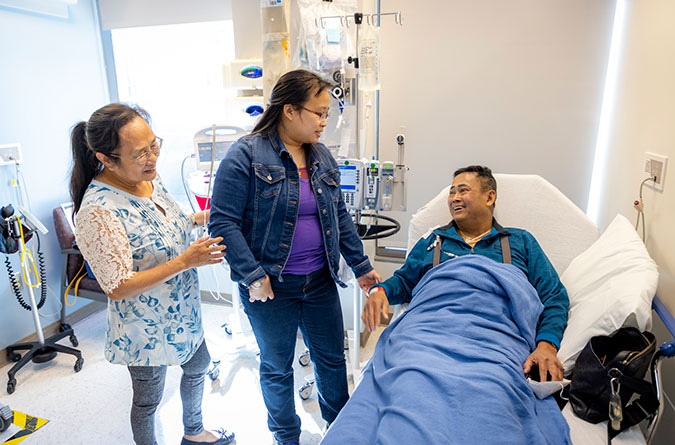
Request an Appointment
Our cancer specialists provide thorough evaluations and personalized treatment plans. Learn more about how to make an appointment at UC Davis Comprehensive Cancer Center.
Patients
New Patient Referral Office
916-734-5959
UC Davis Health Referring Physicians
For providers in UC Davis Medical Group or our Cancer Care Network
Physician Referral Center
916-734-5959
External Referring Physicians
For providers who are external clinicians
Referral Office
800-770-9261

Ranked among the nation’s best hospitals
A U.S. News & World Report best hospital in cancer, cardiology, heart & vascular surgery, diabetes & endocrinology, ENT, geriatrics, neurology & neurosurgery, obstetrics & gynecology, and pulmonology & lung surgery.

Ranked among the nation’s best children’s hospitals
A U.S. News & World Report best children’s hospital in diabetes & endocrinology, nephrology, and orthopedics*. (*Together with Shriners Children’s)

Ranked Sacramento’s #1 hospital
Ranked Sacramento’s #1 hospital by U.S. News, and high-performing in COPD, colon cancer surgery, diabetes, heart attack, heart failure, hip fracture, hip replacement, kidney failure, leukemia, lymphoma & myeloma, lung cancer surgery, ovarian cancer surgery, pneumonia, prostate cancer surgery, stroke, TAVR, uterine cancer surgery, gastroenterology & GI surgery, and orthopedics.

The nation’s highest nursing honor
UC Davis Medical Center has received Magnet® recognition, the nation’s highest honor for nursing excellence.
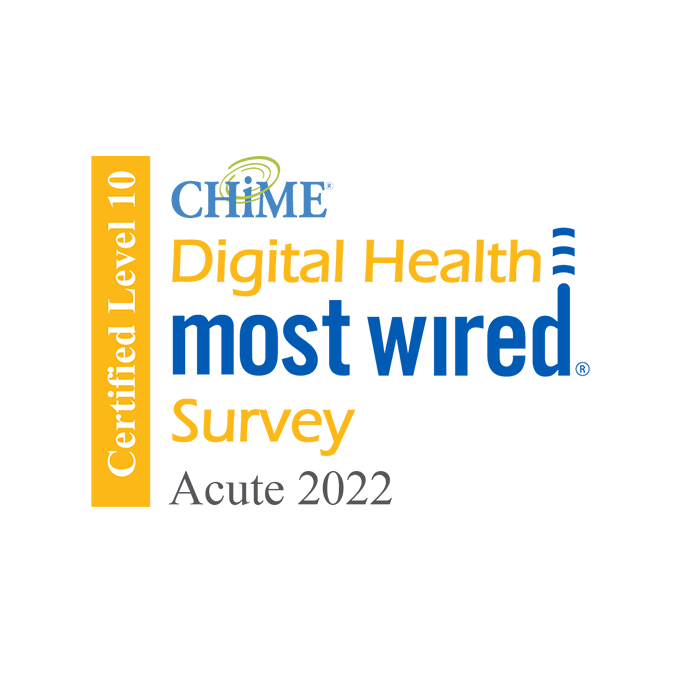
“Most Wired” for acute care
UC Davis Health has been recognized as a level 10 out of 10 in the Digital Health “Most Wired” program from the College of Healthcare Information Management Executives (CHIME). The honor recognizes excellence in using technology to improve the delivery of care.
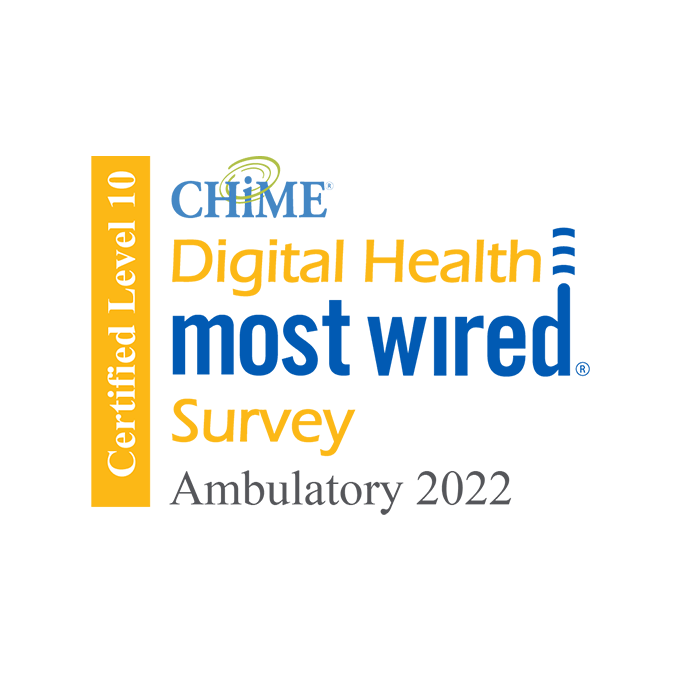
“Most Wired” for ambulatory care
UC Davis Health has been recognized as a level 10 out of 10 in the Digital Health “Most Wired” program from the College of Healthcare Information Management Executives (CHIME). The honor recognizes excellence in using technology to improve the delivery of care.

World-class cancer care
One of ~56 U.S. cancer centers designated “comprehensive” by the National Cancer Institute.

A leader in health care equality
For the 11th consecutive year, UC Davis Medical Center has been recognized as a “Leader in LGBTQ+ Healthcare Equality.”

